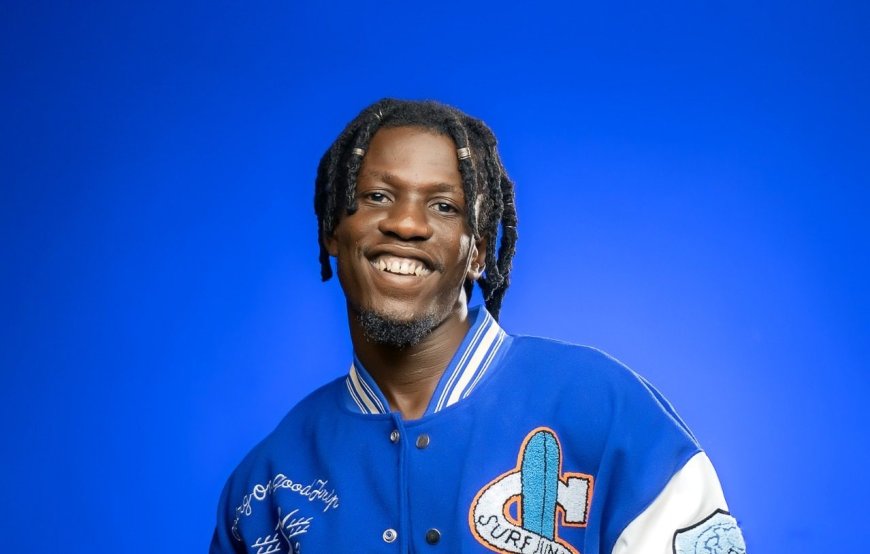Twitter Influencers on Artistes’ Payroll Already? – King Paluta Speaks as Fan Switches Support
Ghanaian rapper King Paluta has raised concerns about the role of Twitter influencers in the music industry, questioning whether some are being paid to promote certain artists while sidelining others. His comments come after a fan publicly switched allegiance to another musician, sparking discussions about the influence of digital marketing in shaping public opinion.

Ghanaian rap sensation King Paluta has sparked a heated conversation on social media by questioning whether Twitter influencers are being financially motivated to push certain artists while neglecting others. His remarks come in response to a recent incident where a fan publicly declared a shift in loyalty from him to another artist, allegedly influenced by online discussions.
The rapper, known for his lyrical prowess and unique style, took to Twitter to express his thoughts, stating that it is becoming increasingly evident that some influencers play a strategic role in dictating public perception of musicians. While influencers are known to be a driving force in digital marketing, King Paluta suggested that their involvement in music discourse should be genuine rather than commercially driven.
“This industry is really something else. Are Twitter influencers on artistes’ payroll already? One moment they support you, the next they are singing another tune,” he tweeted.
His comment has since ignited mixed reactions among music lovers and industry stakeholders. Some fans supported his assertion, claiming that financial backing plays a huge role in an artist’s visibility on social media. Others, however, argued that music preference is dynamic and that fans have the right to switch support based on personal taste.
Marketing experts in the entertainment industry have acknowledged the impact of social media influencers, stating that their endorsements can significantly boost an artist’s reach. Some argue that if properly executed, paid influencer marketing can be an effective strategy for music promotion, while others warn that artificial hype may eventually fade if not backed by real talent and consistency.
King Paluta’s concerns bring to light a broader conversation about digital promotions and authenticity in the music industry. As social media continues to shape the careers of musicians, the balance between organic fan engagement and paid endorsements remains a critical aspect of an artist’s journey to success.
Conclusion: King Paluta’s observations highlight the growing influence of digital marketing in the music space. Whether Twitter influencers are being paid to promote certain artists remains a debate, but it is clear that social media now plays a crucial role in determining an artist’s success. As the conversation continues, fans and industry players alike will be watching closely to see how musicians navigate this evolving landscape.
What's Your Reaction?




















































































